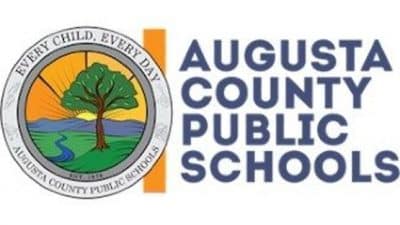
Students came from Augusta County Schools, the Shenandoah Valley Governor’s School, Richmond Schools Lee County Schools and Wise County Schools to the 2nd Annual Throwing Solar Shade® Program Final Event on Dec. 2 at the Science Museum of Virginia.
The event is hosted by Secure Solar Futures, a solar developer for schools, hospitals and businesses.
“Doing citizen science as part of our larger work on urban heat islands, students get real-world experience to inspire them to pursue further study and potential careers in science and technology,” SMV Chief Scientist Dr. Jeremy Hoffman, who helped design the Throwing Solar Shade curriculum, said in a press release. “Uniting students across the urban-rural divide, the program also makes connections that strengthen Virginia communities.”
Throwing Solar Shade builds on Hoffman’s work to study and mitigate the urban heat-island effect in the city of Richmond, called Throwing Shade RVA. Secure Solar Futures began the program with Hoffman to help meet the demand for hands-on STEM curricula that bring solar power in the classroom.
Open High School in Richmond and Fort Defiance and Riverheads high schools in Augusta County participated in the 2019 pilot program. The pilot concluded with four students presenting their projects to the Solar Decathlon in 2020, sponsored each year by the U.S. Department of Energy. Projects focused on converting poultry houses to solar energy, mitigating heat islands by painting parking lots white and maximizing the efficiency of solar power equipment. According to research by VCU Metropolitan Educational Research Consortium (MERC), students who participate in the program significantly increased their STEM skills, career awareness and learning abilities. VCU MERC will release findings on this year’s program in early 2023.
“The program offers a unique opportunity for students to perform original research on solar power and the environment under the direction of a PhD climate scientist in a hands-on initiative to reduce surface temperatures in local communities,” Dr. Anthony Smith, president and founder of Secure Solar Futures, said in a press release. “The research is impressive, but what really sets this program apart is how much the students learn about teamwork, how to think creatively, to communicate, to increase their science skills, and to appreciate how they can help make a difference through research and implementation.”
Funding for the program is provided by the National Educational Energy Development program (NEED), the Science Museum of Virginia, the Metropolitan Educational Research Consortium, the VCU School of Education, the Oak Hill Fund and the Rapha Foundation and Clean Virginia.










